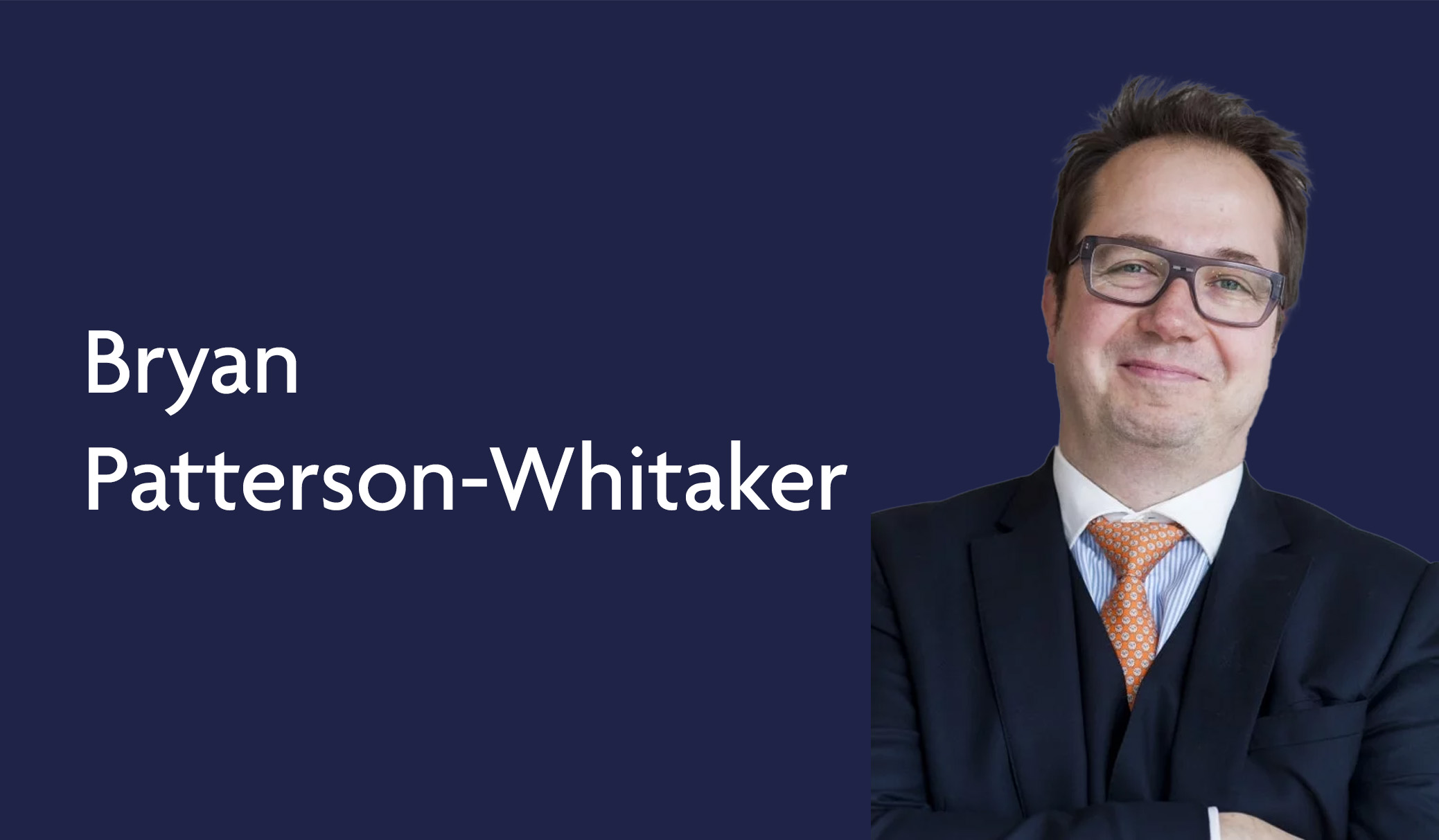Fraud Unravels All? Not Always…

Bryan Patterson-Whitaker considers the Court of Appeal’s recent decision in Kevin Ralph William Riley & Anor v National Westminster Bank Plc (NatWest) [2024] EWCA Civ 833.
Mr and Mrs Riley were directors of Riley (Holdings) Limited (“RHL”). The company was involved with residential property development.
In or about 2004, RHL acquired a site on the river Trent, the development of which was financed by NatWest, via a series of loans totalling £26.5m. In 2008, these facilities were replaced by an on-demand loan for £32m linked to LIBOR (“the LIBOR Loan”).
Those familiar with the history of the NatWest / RBS Global Restructuring Group (“GRG”) will be aware that many thousands of UK businesses were allegedly pushed into the banks’ controversial “turnaround” division so that their assets could be seized.
In the index case, RHL became insolvent, and the Rileys’ alleged that such insolvency had come about because of various fraudulent misrepresentations made by the bank. They said that the LIBOR Loan was made under the stated guise of trying to support and help their business, whereas the reality was that the bank had a strategy of exiting the relationship by disposing of RHL’s assets cheaply to one of its subsidiaries and, pending exit, profiteering from the relationship.
At first instance in 2023, Freedman J granted NatWest reverse summary judgment on the Riley’s claims of fraudulent misrepresentation. The Judge decided that such claims had been compromised and released by a settlement deed (“the Settlement Deed”) in 2014 and that they had no real prospect of successfully establishing otherwise.
It is worth noting that the Settlement Deed was drawn in very wide terms, releasing all and any claims, whether known or unknown, and encapsulating claims that the Rileys may or could have in the future against NatWest. By clause 7.2, the Rileys also undertook not to bring any proceedings whatsoever in connection with the released claims.
The quid pro quo for entering the Settlement Deed was a significant reduction in the Rileys’ indebtedness to the bank, arising from related personal guarantees.
The twist in the tale was that RHL was not a party to the Settlement Deed, with the company having been wound up, dissolved, and finally struck off the register of companies in 2015. Its assets, including any claims it may have been entitled to make, then passed to the Crown under the rules of bona vacantia.
In 2022, Mr Riley acquired the benefit of RHL’s own claims in misrepresentation from the Crown, and undertook to apply any funds recovered in accordance with the terms of its liquidation, for the benefit of its creditors.
In the index proceedings, Mr Riley asserted that RHL was not a party to the Settlement Deed, and could not therefore be bound by it. Furthermore, he claimed not to hold his acquired claim in a personal capacity, but rather as a trustee on behalf of RHL’s creditors.
In upholding the first instance decision, the Court of Appeal rejected the argument that because RHL’s claim had been acquired by assignment, or was said to be brought in a representative capacity, it was somehow immune from the terms of the Settlement Deed. Bean L J opined that “the whole point of the Settlement Deed was that the Rileys would pay a significantly reduced sum, over an extended period, in full and final settlement of their personal liability to the bank and would not and could not reverse or in any way undermine the finality of that arrangement by themselves bringing any subsequent proceedings….” . Whilst acknowledging that a third party acquiring the claims from RHL’s administrators may have been untroubled by the Settlement Deed, that was clearly not the facts of this case, which the Court agreed had no real prospect of success.
The Rileys arguments did not end there. They also asserted, amongst other matters, that the “equitable sharp practice” doctrine prevented the bank from relying on the Settlement Deed in relation to the fraud claims. They said that the bank had committed a fraud upon them, of which they had no knowledge. Their argument was that it was sharp practice for the bank to sit by whilst they entered into an agreement discharging its own liability. At first instance, it had been held that the Rileys had settled unknown claims, which extended to fraud, so there was no scope to find that the bank was guilty of sharp practice.
On appeal, the Rileys argued that a generally worded release should not preclude the victim from being able to pursue a claim in fraud, where facts are subsequently identified which enabled such a claim to be brought. In the index case, Bean LJ noted that the first instance judge had put the case in a nutshell when he said that allegations of deliberate wrongdoing formed the backdrop of the Settlement Deed. In the Court’s view, anything discovered subsequently added very little to the thrust of the case. The Court also observed that the index case had a striking similarity to the Court’s own binding decision in Maranello Rosso Ltd v Lohomij BV and Ors [2022] EWCA Civ 1667, which made clear that express words are not always, or even generally, required to release a claim in fraud.
The Court of Appeal acknowledged that there were strong policy reasons why, when a party was an innocent victim of concealed fraud, which was not reasonably capable of being discovered before a settlement was reached, a generally worded release clause may not preclude the victim from pursuing a claim in fraud. Conversely, it was also noted that there were strong policy reasons for settlements to be upheld and that it was in the nature of wide-ranging settlement agreements, such as the one under discussion, for a party to give up a potential cause of action of which he was not aware. Furthermore, in the index case, the clear background to the Settlement Deed were allegations of fraudulent conduct. There was therefore no scope for the equitable sharp practice doctrine to be deployed and such a claim had no real prospect of success.
The appeal was therefore dismissed, albeit it is understood the Rileys are seeking permission to appeal to the Supreme Court.
Learning Points
Firstly, it would have been a safer prospect for Mr Riley to have acquired RHL’s rights in the name of a third-party entity, unconnected with the Settlement Deed (or at least assigned those rights on), before instigating proceedings.
Secondly, lawyers often cite the phrase “fraud unravels all” indiscriminately, but as Riley clearly demonstrates, this is not always accurate. Where parties enter into wide ranging settlement agreements, for their own benefit, against a background of fraudulent allegations, they will very likely be held to their bargain, regardless of whether the “F-word” is used.










